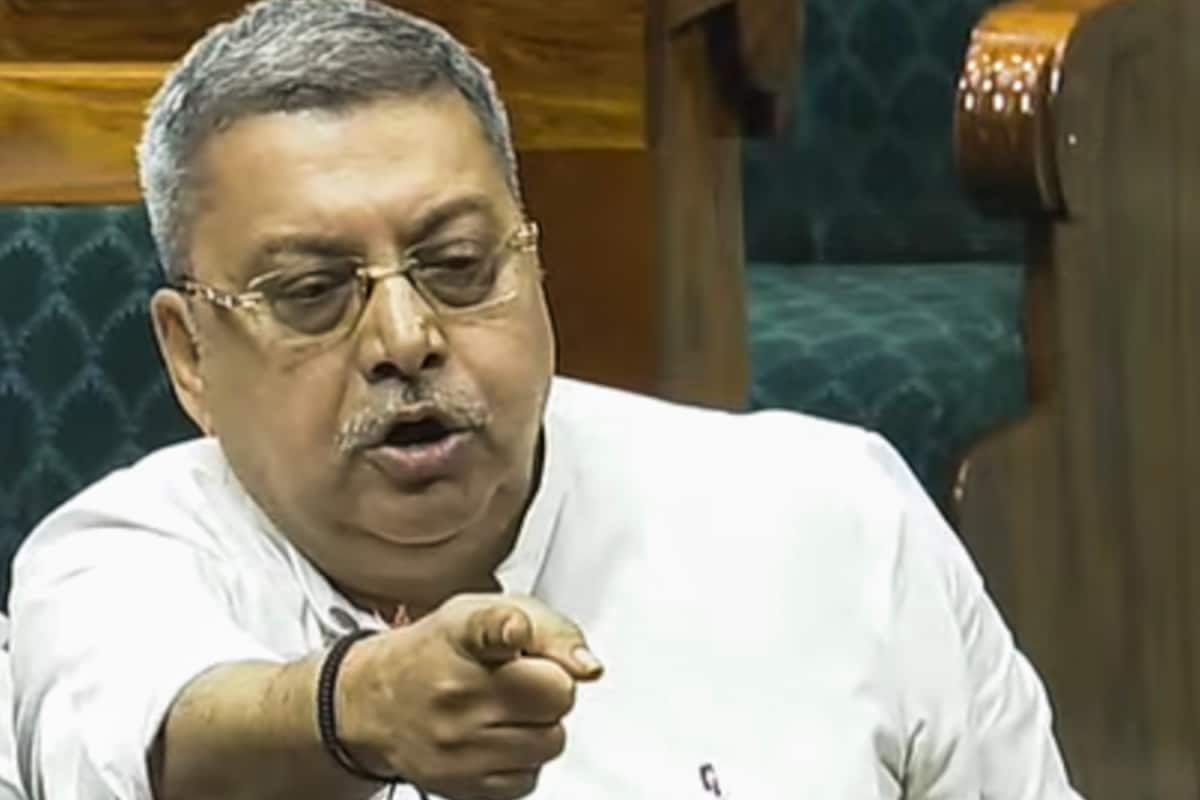

In a significant development within the Trinamool Congress (TMC), Kalyan Banerjee has stepped down from his position as the party's chief whip in the Lok Sabha. This decision follows a virtual meeting of TMC Members of Parliament (MPs) where party leader Mamata Banerjee voiced concerns regarding a lack of coordination among party members.
Banerjee, a four-time MP and well-known advocate, announced his resignation on Monday, August 4, 2025, taking responsibility for the perceivedCoordination issues. Speaking to a news channel, he stated that Mamata Banerjee highlighted the lack of coordination during the meeting, and he was therefore stepping down. The virtual meeting included TMC MPs from both the Lok Sabha and Rajya Sabha.
The resignation also comes amidst reports of disagreements between Kalyan Banerjee and fellow TMC MP Mahua Moitra. While Banerjee did not explicitly cite the dispute with Moitra as the primary reason for his decision, sources suggest that the recent public spat may have contributed to the overall environment of discord.
Mamata Banerjee's disapproval of the lack of coordination within the party may stem from several factors. Effective coordination is crucial for the smooth functioning of any political party, especially in parliamentary proceedings. A lack of coordination can lead to confusion, inefficiency in implementing party strategies, and a weakened ability to effectively challenge the opposition. In the context of national politics, where the TMC seeks to play a prominent role, internal cohesion is paramount.
Furthermore, reports earlier in the year suggested that Mamata Banerjee was unhappy with the party's response to protests against her at Oxford University. Some TMC leaders had expressed dissatisfaction with the perceived silence and lack of initiative from party members and youth leaders in countering the protests. Kalyan Bandopadhyay had also expressed dissatisfaction with the Trinamool's youth wing for allegedly remaining inactive outside of election campaigns. These instances may have contributed to a broader concern within the party leadership regarding coordination and proactive engagement from party members.
The timing of Kalyan Banerjee's resignation is noteworthy, particularly in light of the TMC's aspirations on the national stage. Mamata Banerjee has been a vocal critic of the current central government and has positioned the TMC as a significant opposition force. To effectively challenge the dominant political narrative, the TMC requires a united front and seamless coordination between its leaders and members.
The INDIA bloc, an alliance of opposition parties, has faced challenges related to trust and differing ideologies. Mamata Banerjee has even expressed discontent with the INDIA bloc leadership. Internal unity and a clear strategy are essential for any political alliance to succeed, and the TMC's internal dynamics will inevitably impact its role within the broader opposition landscape.
Following Kalyan Banerjee's resignation, the TMC will need to address the leadership vacuum in the Lok Sabha chief whip position and take steps to improve coordination among its MPs. The party's ability to do so will be crucial in shaping its effectiveness in Parliament and its overall political trajectory. While the immediate impact of Banerjee's departure remains to be seen, it underscores the importance of internal cohesion and strategic alignment for political parties aiming to make a significant impact on the national stage.